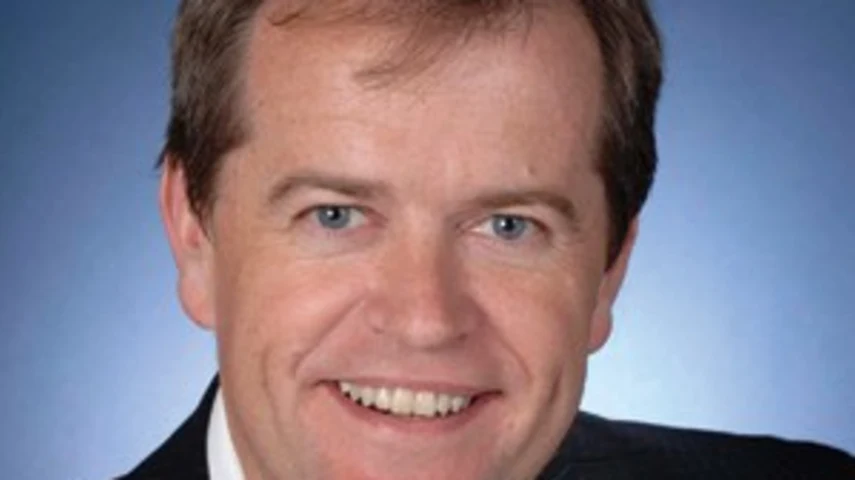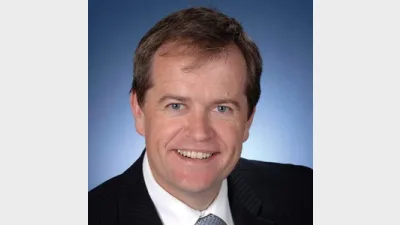Fair Work Commission raises the MySuper stakes



MySuper and the default funds under modern awards regime have been areas of controversy for many months but, as Mike Taylor writes, the actions of the Fair Work Commission have seen the political/industrial stakes rise higher.
How the Fair Work Commission (FWC) selects superannuation MySuper default funds in the context of industrial awards should only be of peripheral interest to most financial planners, except for the fact that the list ultimately generated by the process will likely be dominated by industry funds.
Financial planners will probably also have noted that the default fund process being followed by the FWC is a manifestation of the former Labor Government and that the current Abbott Coalition Government has foreshadowed significant policy changes which would very likely expose the award default fund sector to all Australian Prudential Regulation Authority (APRA)-approved MySuper funds.
Readers of Money Management might also have noted that, in recent weeks, two of three people appointed by the former Workplace Relations and Financial Services Minister, Bill Shorten, to form an expert superannuation panel within the FWC for the selection of MySuper products as default funds have been stood aside due to perceptions of conflict of interest.
Those conflicts of interest revolved around their status as trustee directors of superannuation funds which offered MySuper products which might be seen as being in competition to those actually being considered by the FWC.
So, despite the Abbott Government having clearly signaled its intention to implement policy changes and despite two members of the expert superannuation panel being stood aside from the process, the president of the FWC, Justice Iain Ross, has opted to proceed apace.
In his defence, Justice Ross has little choice. He must operate under the legislative regime as it currently exists.
However the pace at which the FWC moves on the issue is very much within the president’s ambit, and notwithstanding the likelihood of fundamental policy change he last week seemed to be moving with alacrity.
The FWC president is also moving promptly despite senior government ministers such as the Minister for Employment, Eric Abetz, having sent some forceful signals about the Government’s views on the default fund process and the selection of those appointed to the default fund panel.
Abetz, in answer to a question on notice in the Senate, made clear that he did not support the former Government’s appointees to the expert panel.
Separately, the Assistant Treasurer, Senator Arthur Sinodinos, has used a number of speeches and a Government discussion paper to make clear an approach based on injecting more competition into the default fund environment.
The judiciary must, of course, act independently and in line with legislation under which it is required to operate.
That said, Justice Ross is no novice when it comes to the industrial/political environment, having been an Australian Council of Trade Unions official back in the days when the peak union body was being run by the likes of Bob Hawke, Cliff Dolan and Simon Crean.
Therefore he well understands the political consequences of having moved ahead when, perhaps, some in the Government might have expected him to pause.
The effect of Justice Ross’ action is to place the ball back in the Government’s court. The Government can move to more rapidly implement policy change or it can accept that the Commission’s default fund selection processes will continue - with all the legacy issues that that will imply.
Under the timetable signaled by Justice Ross last week, the default fund selection process will likely be complete before the end of the year - and the superannuation industry along with a number of senior union officials are watching with interest to see what the Government does next.
Recommended for you
In this episode of Relative Return Insider, host Keith Ford and AMP chief economist Shane Oliver discuss the latest shock consumer price index numbers, which rose to 3.8 per cent in October, as well as the shifting US market and calls for super funds to invest in infrastructure projects.
In this episode of Relative Return Insider, host Keith Ford and AMP chief economist Shane Oliver discuss the Reserve Bank of Australia’s cautious stance in response to persistent inflation, subdued growth prospects, and political shifts affecting the nation’s journey towards net zero emissions.
In this episode of Relative Return, host Laura Dew speaks with Rachel White, head of financial adviser services at Vanguard about how advisers can help Australians to feel confident in retirement.
In this episode of Relative Return Insider, host Keith Ford and AMP deputy chief economist Diana Mousina take a look at the Reserve Bank’s unanimous decision to leave rates on hold on Melbourne Cup Day and whether future cuts are still on the cards.








